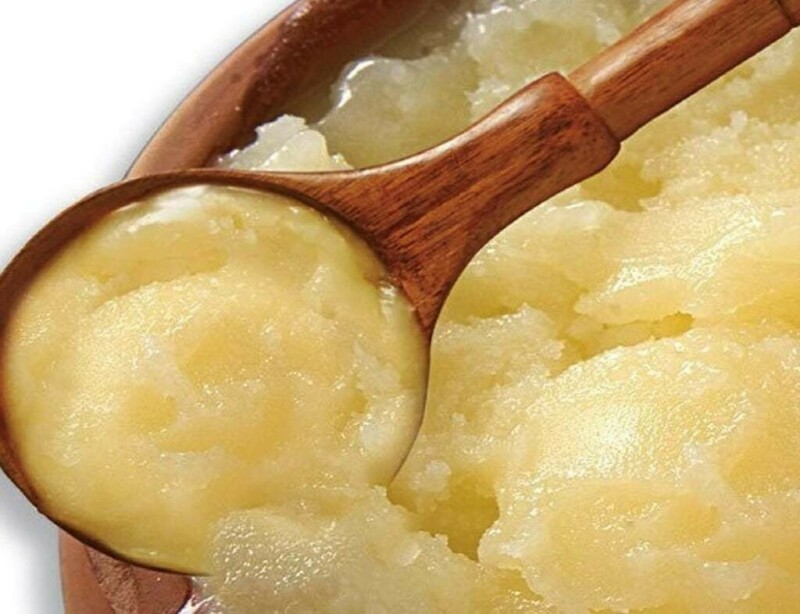The Competition Appellate Tribunal (CAT) dismissed the appeal filed by the Pakistan Vanaspati Manufacturers Association (PVMA), thereby upholding the Competition Commission of Pakistan’s (CCP) order imposing a Rs50 million penalty for engaging in anti-competitive conduct and discriminatory practices, a statement said on Friday.
PVMA, an association representing nearly 100 ghee and cooking oil manufacturers across Pakistan, had challenged the CCP’s 2011 decision that found it in violation of Sections 3 and 4 of the Competition Act, 2010.
According to the statement, the case originated from an inquiry and subsequent show cause proceedings initiated in April 2011 after CCP observed coordinated price hikes in the edible oil sector.
APCMA, cement cos: CAT asked to annul Rs6.35bn CCP penalty
“The commission concluded that PVMA had used its platform to orchestrate price-fixing arrangements, whereby it negotiated prices with government authorities and advised its members to implement uniform pricing.”
Though PVMA claimed these were mere recommendations, the commission found that such directives were in fact enforced, resulting in reduced price competition.
The CCP also established that PVMA had entered into agreements with oil tanker associations and the National Logistics Cell (NLC) to fix transportation rates.
“These arrangements, in the commission’s view, distorted fair competition in the logistics sector and disadvantaged non-member market players. In addition to collusive pricing and logistics agreements, PVMA was found to have abused its dominant position by charging discriminatory fees for the verification of import invoices—a responsibility delegated to it by customs authorities to address under-invoicing concerns,” the statement said.
PVMA charged its own members Rs4 per metric ton for this service, while charging commercial importers Rs10 per metric ton without offering a valid justification.
In its defense, PVMA argued that its members paid a substantial membership fee and annual dues, and that the commercial importers ultimately sold their products to PVMA’s member manufacturers.
It further claimed that it lacked the statutory authority to enforce any pricing arrangements and had only acted on government pressure to stabilise prices in response to fluctuating international palm oil rates. However, both the CCP and the Tribunal rejected these justifications.
The tribunal observed that the verification service was delegated to PVMA by customs authorities for all importers, and that distinguishing between members and non-members in charging service fees was unjustified.
Telenor’s and Orion’s acquisition: CCP decision delay threatens pact, PTCL chief says
The order stated that such discriminatory charges could not be rationalised under the concept of “objective justification,” especially when the burden of these charges ultimately fell on the members of PVMA.
While the CAT upheld the Rs50 million fine imposed by the CCP, it modified the commission’s order by granting PVMA a 15-day period to rectify its discriminatory conduct.
“Should PVMA fail to comply within the stipulated timeframe, an additional penalty of Rs1 million per day of default—originally part of CCP’s order—would be reinstated.”
The tribunal emphasised that even non-binding or advisory decisions taken by associations can violate competition law if they lead to a reduction in market competition.


